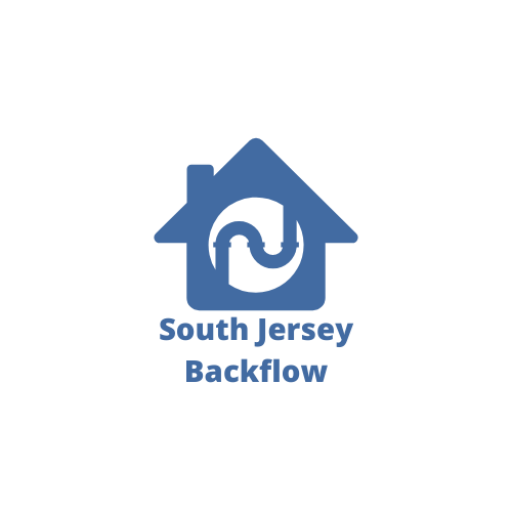How Often is Backflow Testing Required in New Jersey?
Backflow testing is an essential service that ensures the safety and purity of New Jersey’s water supply. Whether you own a home, manage a business, or operate an industrial facility, understanding how often backflow testing is required is crucial for maintaining compliance with state regulations and preventing water contamination.
What is Backflow and Why is Testing Necessary?
Backflow occurs when the normal flow of water is reversed, potentially allowing contaminants such as chemicals, bacteria, and pollutants to enter the clean water system. This can happen due to changes in water pressure caused by events like water main breaks, firefighting efforts, or malfunctioning plumbing systems.
To prevent contamination, backflow prevention devices are installed in plumbing systems. However, these devices can degrade over time, making regular testing necessary to ensure they function correctly.
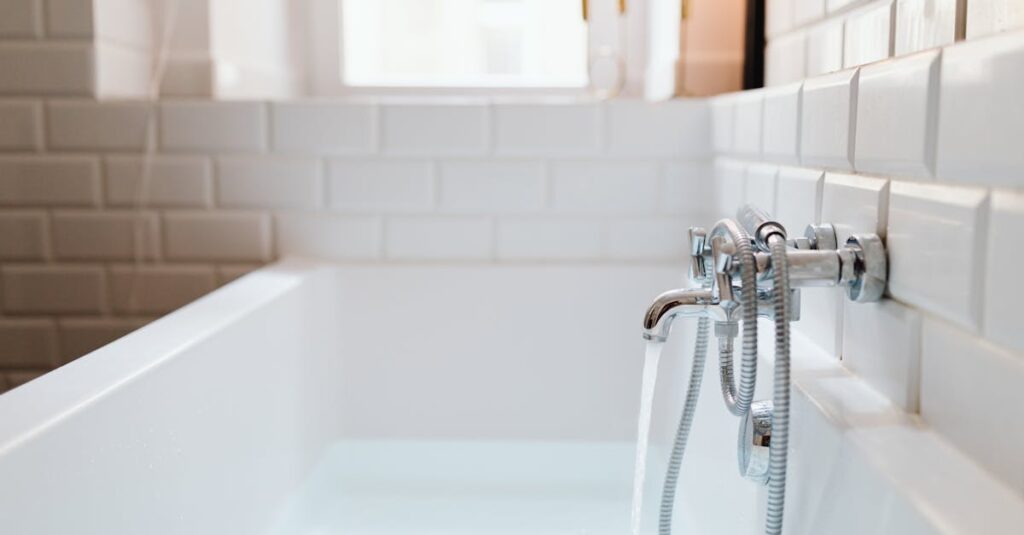
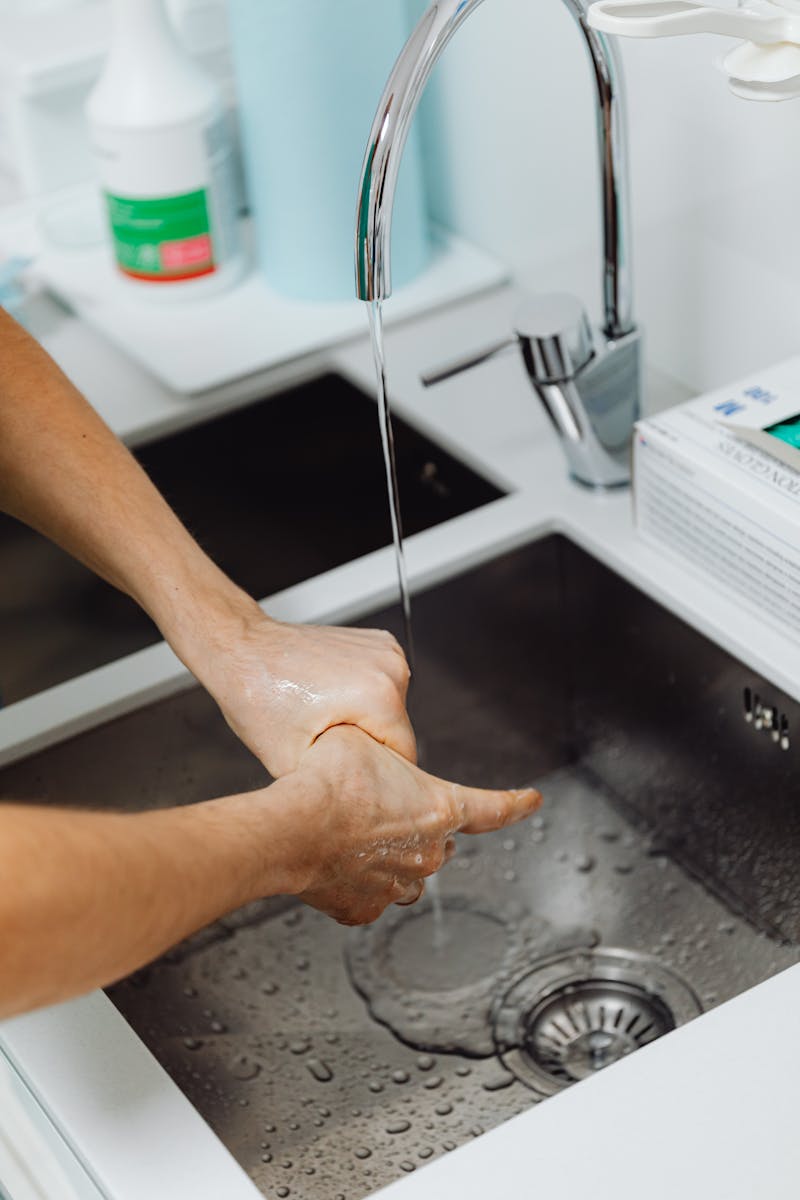
New Jersey’s Backflow Testing Requirements
In New Jersey, backflow testing is regulated by the New Jersey Department of Environmental Protection (NJDEP) and local water authorities. According to state and municipal codes:
Annual Testing is Required
Most commercial, industrial, and some residential properties must have their backflow prevention devices tested at least once per year by a certified backflow tester.
High-Risk Facilities May Require More Frequent Testing
Properties such as hospitals, chemical plants, and food processing facilities may need semi-annual or quarterly testing due to the higher risk of contamination.
Testing is Required After Installation or Repairs
Whenever a new backflow preventer is installed or an existing device is repaired, it must be tested to ensure it is functioning correctly.
Certified Professionals Must Conduct the Tests
Only licensed and certified backflow testers can perform the required inspections and submit results to the appropriate water authorities.
Who Needs Backflow Testing?
Not every property requires backflow testing, but those that do include:
Commercial and Industrial Properties
Businesses, factories, and warehouses with irrigation systems, fire suppression systems, or industrial plumbing must comply with testing regulations.
Multi-Unit Residential Buildings
Apartment complexes and condominiums often require testing due to shared plumbing systems.
Medical Facilities
Hospitals, dental offices, and laboratories must test backflow preventers regularly due to the presence of potentially hazardous substances.
Food Service Establishments
Restaurants, cafes, and food processing plants need regular backflow testing to prevent contamination from dishwashing, food preparation, and cleaning operations.
Homes with Irrigation Systems or Private Wells
Residential properties with complex plumbing systems or connections to private water sources may also be required to have backflow preventers tested annually.
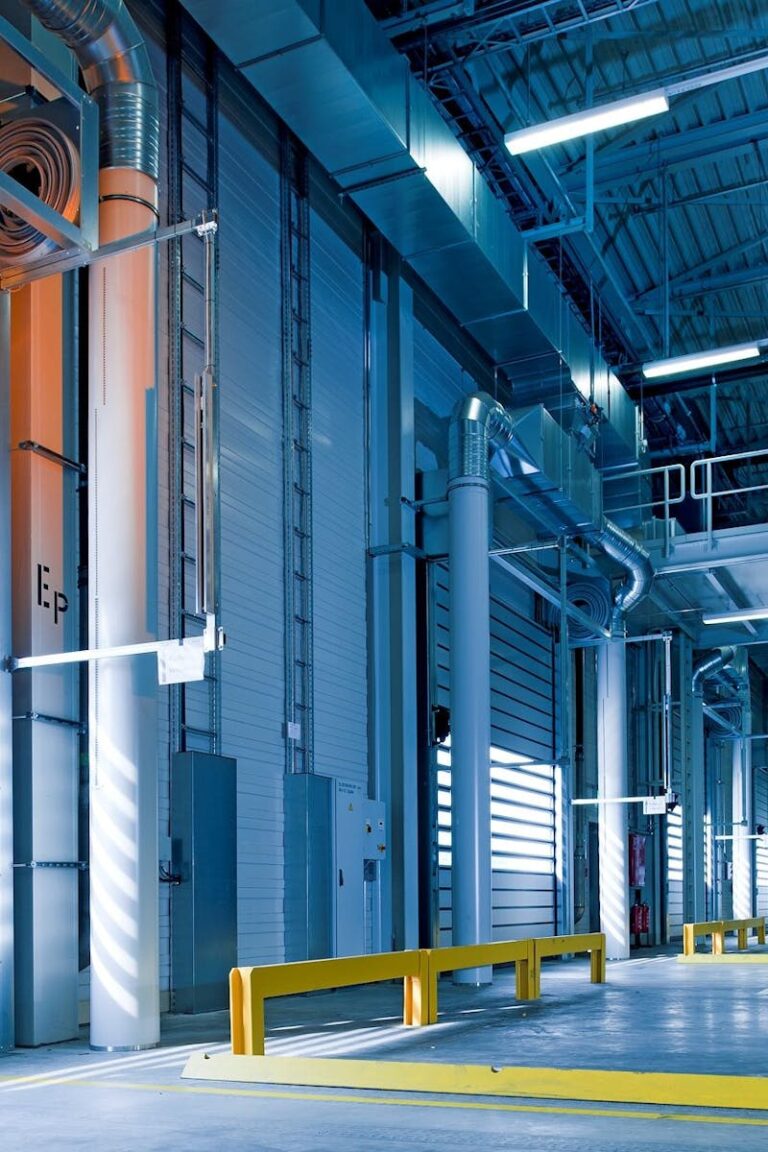
What Happens During a Backflow Test?
A certified technician will conduct a series of tests to ensure that the backflow preventer is working correctly:
1. Inspection of the Device
Checking for visible signs of wear, damage, or leaks.
2. Pressure and Functionality Tests
Ensuring that the valves open and close properly and maintain appropriate pressure.
3. Contamination Risk Assessment
Identifying any potential risks that could compromise water safety.
4. Compliance Certification
Submitting test results to the local water authority to verify compliance with state regulations.
What Happens if You Skip Backflow Testing?
Failing to comply with New Jersey’s backflow testing requirements can lead to:

Fines and Penalties
Property owners may face fines for failing to complete mandatory testing.
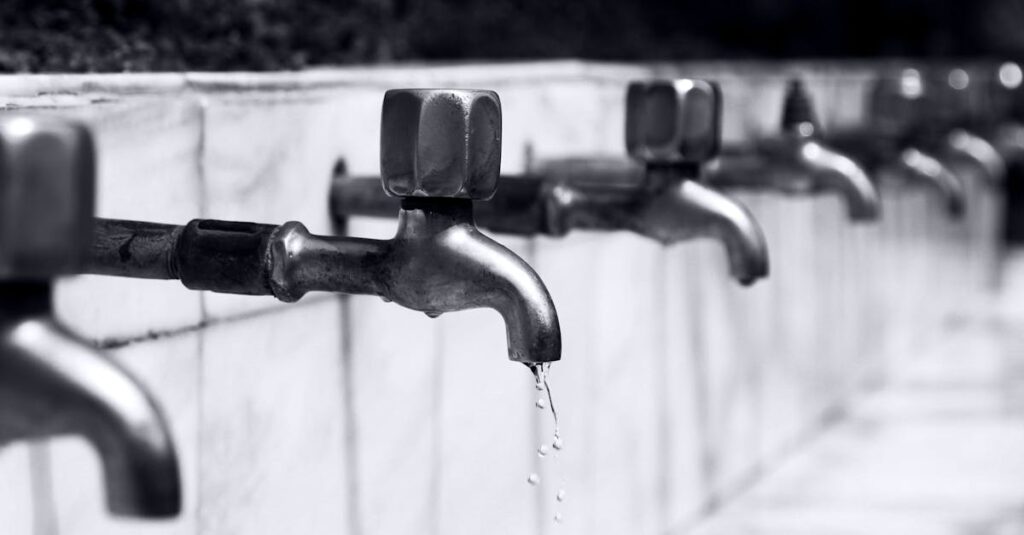
Water Service Disruptions
Local water authorities have the right to shut off water service to properties that do not comply.
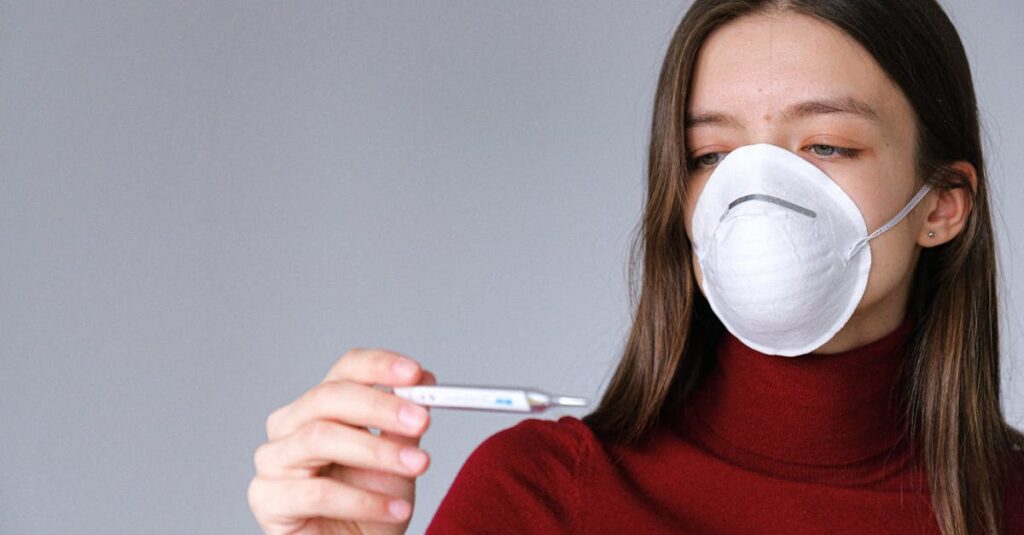
Health and Safety Risks
Without regular testing, a malfunctioning backflow preventer could allow contaminants into the water supply, posing a risk to public health.
How to Stay Compliant
To ensure you meet New Jersey’s backflow testing requirements:
Schedule Annual Testing in Advance
Don’t wait until the last minute; plan ahead to avoid penalties.
Hire a Certified Backflow Testing Professional
Work with a licensed tester to ensure accurate results and compliance with regulations.
Keep Records of Your Tests
Maintain documentation of your backflow tests to provide proof of compliance if needed.
Address Repairs Immediately
If your backflow preventer fails a test, have it repaired or replaced as soon as possible to avoid contamination risks.
Choose South Jersey Backflow for Reliable Testing
At South Jersey Backflow, we specialize in backflow prevention services, ensuring that New Jersey property owners stay compliant with state and local regulations. Our certified technicians provide:
- Annual and periodic backflow testing
- Expert installation and repairs
- Compliance reporting to local authorities
- Affordable and transparent pricing
Don’t risk water contamination or non-compliance penalties—schedule your backflow test with South Jersey Backflow today! Contact us for a free quote or to learn more about our services.
